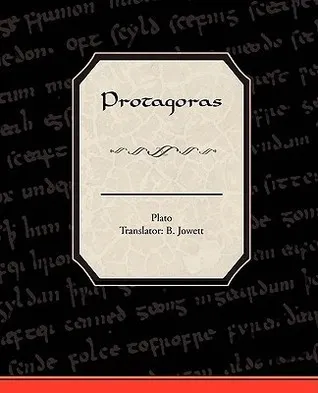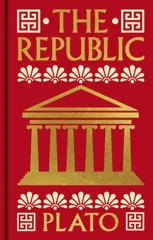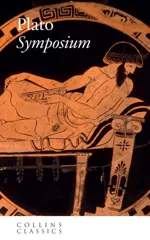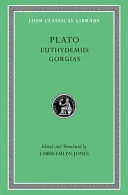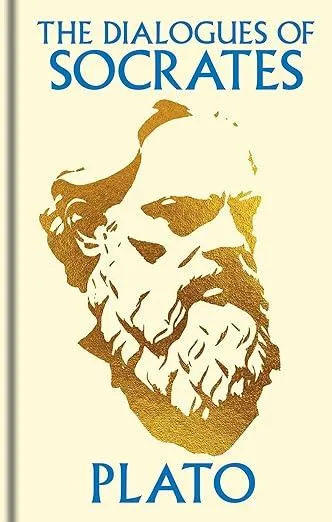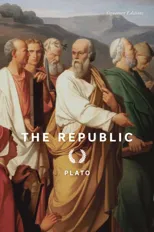Protagoras
(Author) PlatoPlato studied under Socrates and was Aristotle's teacher. Together these three Greeks developed the basis of philosophical thinking for the entire Western world. Plato was also a writer, mathematician, and founder of the Academy in Athens, which was the first university in Europe. In the fifth century BC Greek educators (sophists) taught success in private and public life. In this dialogue Plato discusses the educator Protagoras and the arguments with Socrates. He criticizes the education methods and goals of the sophists. Plato goes on to discuss the nature of the good life and how pleasure and intellect fit into this context. Plato first asked these questions in his dialogue Meno.
Plato
Plato was an ancient Greek philosopher and the founder of the Academy in Athens, the first institution of higher learning in the Western world. His most notable works include "The Republic," "Symposium," and "Phaedo." Plato's dialogues are written in the form of conversations between Socrates and other characters, exploring themes such as ethics, politics, and metaphysics.
Plato's influence on literature is profound, as his philosophical ideas have inspired countless writers and thinkers throughout history. His most famous work, "The Republic," is a seminal text in political philosophy and has had a lasting impact on the genre. Plato's literary style is characterized by its use of dialogue, dialectic, and allegory, making his works both engaging and thought-provoking.
